Vaccine ‘trust deficit’ driving Eastern European Covid-19 wave
Hospitals overwhelmed as jab scepticism undermines efforts to end pandemic
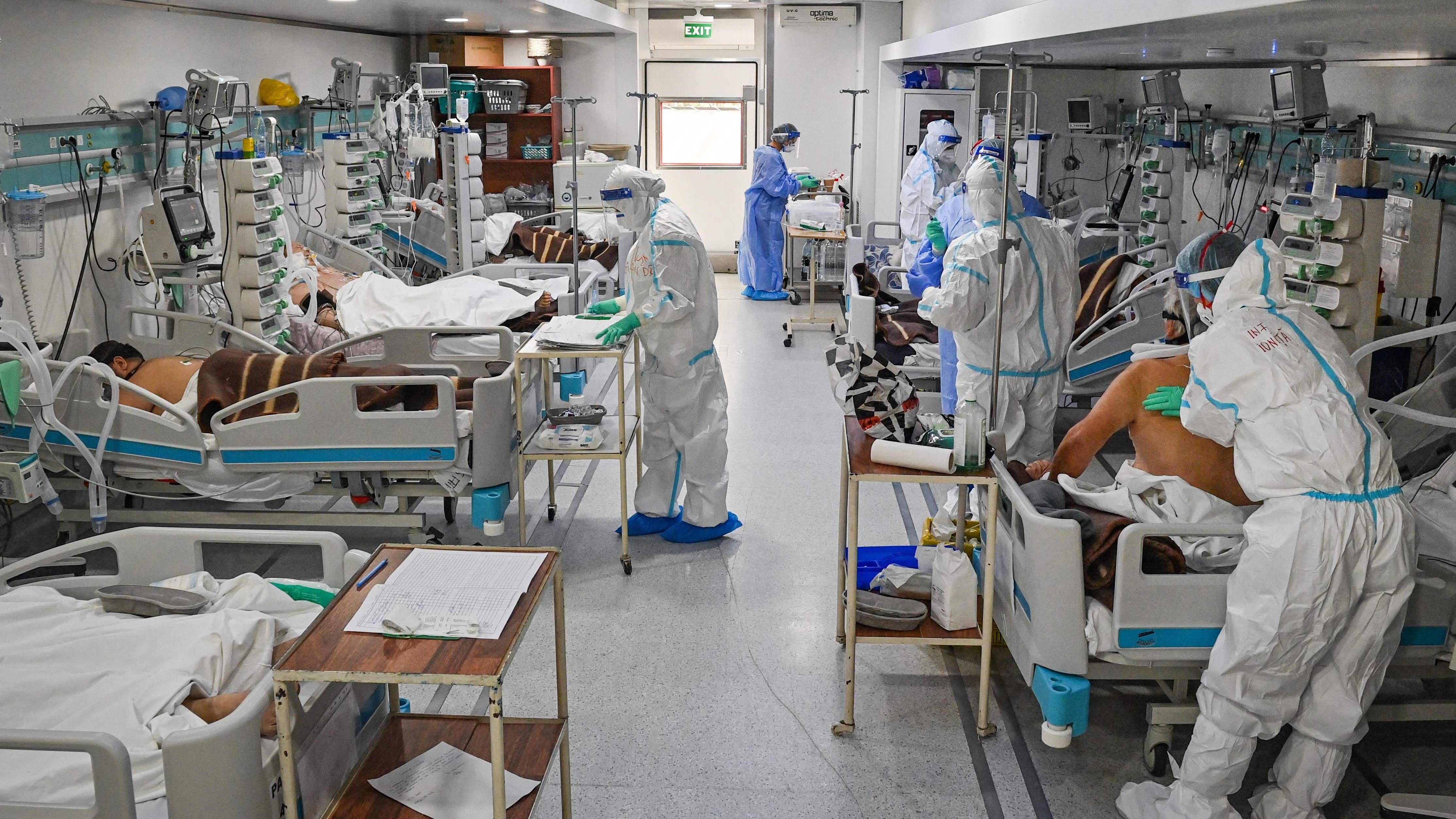
A string of Eastern European countries have begun posting record Covid-19 death tallies as hospitals battle a surge in infections driven by declining vaccination rates.
Bulgaria reported a record 334 coronavirus-related deaths on Tuesday, while Ukraine also hit a new daily high with 833 deaths “amid a spike in infections fuelled by public reluctance to get a vaccine”, said euronews.
In Romania, “the bodies of victims, wrapped in black plastic bags, line the hallway of a Bucharest hospital” as officials reported a national total of 487 fatalities, the news site continued. And Russia recorded a record 1,211 “despite ending a nine-day non-working period” aimed at stopping the spread.
Subscribe to The Week
Escape your echo chamber. Get the facts behind the news, plus analysis from multiple perspectives.

Sign up for The Week's Free Newsletters
From our morning news briefing to a weekly Good News Newsletter, get the best of The Week delivered directly to your inbox.
From our morning news briefing to a weekly Good News Newsletter, get the best of The Week delivered directly to your inbox.
‘Never deadlier’
The arrival of the Delta variant of Covid has “undone what little progress Eastern Europe had made on vaccination”, said The New Statesman data journalist Ben van der Merwe.
“In the highly vaccinated nations of Western and Central Europe, there is good reason to be hopeful,” he wrote. But in the east, “the spectre of another catastrophe looms on the horizon” as the continent “prepares to enter its second winter of the pandemic era”.
In many Eastern European nations, “the link between infections and deaths is growing stronger, not weaker”, he added. For patients living in the worst impacted countries, the pandemic has “never been deadlier”.
A recent Reuters analysis of global infections found that cases were “still rising in 55 out of 240 countries”.Russia, Ukraine and Greece were “at or near record levels of reported cases since the pandemic started two years ago”.
The region “has among the lowest vaccination rates” in Europe, which accounts for “more than half of all new infections reported worldwide”, the news agency added.
Outbreaks in the Czech Republic, San Marino, Hungary and Poland are also among “the most severe in the world”, with new case numbers that are “more than triple their mid-October levels”, NBC News reported.
And the Czech Republic and Hungary account for the biggest increases in coronavirus-related deaths across Europe “over the past two weeks”, along with Latvia, the broadcaster said.
Oxford University tracking showed that as of 10 November, just 19% of Ukrainans had been, fully vaccinated, while 28% of Romanians and 34% of Russians had received both jabs.
Authorities in Romania “have tightened restrictions and made Covid-19 vaccines mandatory for various activities”, reported euronews. Russia also imposed a brief work-from-home mandate, but many neighbouring countries have scrapped lockdown measures.
Doctors in the Romanian capital Bucharest have warned that they are being “overwhelmed”, prompting the World Health Organization (WHO) to dispatch a team to to the embattled nation last month to aid in the pandemic response.
But according to Politico, no experts have “an easy cure for what’s causing Europe’s fourth pandemic wave” – a widespread “trust deficit”.
‘Awash in disinformation’
“Researchers and doctors overwhelmingly cite wariness towards government as a reason for vaccine refusal,” said Politico. In Eastern Europe, “deep suspicion of the institutions promoting vaccines has created an army of the unvaccinated”.
Despite “ample availability of doses”, Europe is “one of the most vaccine-hesitant regions in the world”, with health officials expressing “surprise at just how difficult it has been to convince people to take a Covid-19 jab”, the news site reported.
“Deaths have increased significantly in these countries, and that’s essentially due to poor vaccination rates,” Raghib Ali, a senior clinical research associate at the University of Cambridge’s MRC Epidemiology Unit, told The New Statesman.
He added: “In countries with low rates of vaccination, the combination of Delta and insufficient hospital capacity is a serious one, and [that] is why this winter unfortunately is likely to be worse than last winter.”
One strategy attempted by Eastern European governments has been to “target the few institutions and individuals that are still trusted”, Politico said.
But in countries such as Romania, “the government's attempts to turn to the church had little effect, with some high-ranking church figures openly promoting vaccine conspiracy theories”, the site continued.
Some countries have made vaccines mandatory in certain workplaces or to access public venues, despite warnings that such mandates “can further damage the minimal trust hesitant people have in institutions”.
In Estonia, for example, where “proof of vaccination, a negative test or previous infection is needed in many indoor settings”, the rules have “done little to increase vaccination uptake, with figures showing only a small spike in first vaccinations”.
In an article on Project Syndicate, Kristen Ghodsee and Mitchell A. Orenstein, both professors of Eastern Europe and Russia at the University of Pennsylvania, argue that the problem can be boiled down to one word: “disinformation”.
The “region is awash in it, a legacy of the breakdown of public trust in governmental institutions after communism”, the duo wrote. “Feverish conspiracy theories have gripped these countries like the coronavirus’s shadow.”
“Well before the crisis erupted, these countries had become fertile ground for disinformation campaigns,” Ghodsee and Orenstein continued. “The region’s high degree of vaccine skepticism and surging death rates are a visible result.”
Speaking to the Associated Press in late October, a doctor in Kiev said “Ukrainians have learned to distrust any authorities’ initiatives, and vaccination isn’t an exclusion”.
“Orthodox priests have openly and aggressively urged people not to get vaccinated, and social networks have been filled with the most absurd rumours,” the medic added. “Fake stories have spread widely, making people believe in microchips and genetic mutations.”
Against this backdrop, the region has hit “a vaccination ceiling of sorts”, said Politico. The “flow of people coming forward to be jabbed has almost petered out”.
And “despite the fact that Central and Eastern Europe are the hardest-hit regions”, the site added, “there is little sign of a spike in uptake sufficient to achieve broad protection”.
Sign up for Today's Best Articles in your inbox
A free daily email with the biggest news stories of the day – and the best features from TheWeek.com
-
 America's favorite fast food restaurants
America's favorite fast food restaurantsThe Explainer There are different ways of thinking about how Americans define how they most like to spend their money on burgers, tacos and fried chicken
-
 Law: The battle over birthright citizenship
Law: The battle over birthright citizenshipFeature Trump shifts his focus to nationwide injunctions after federal judges block his attempt to end birthright citizenship
-
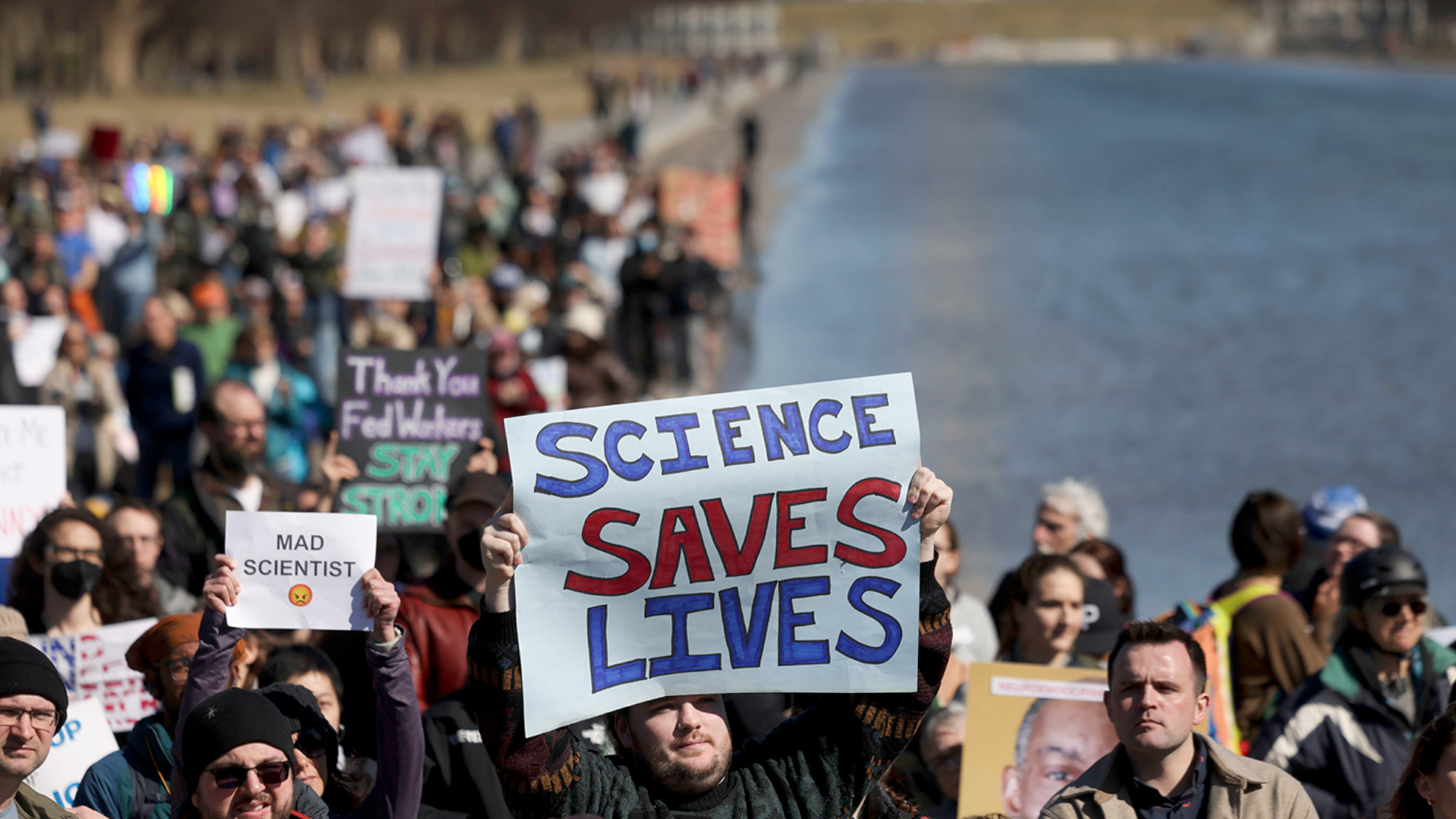 The threat to the NIH
The threat to the NIHFeature The Trump administration plans drastic cuts to medical research. What are the ramifications?
-
 Pro-EU centrist beats Trump acolyte in Romania vote
Pro-EU centrist beats Trump acolyte in Romania votespeed read The mayor of Bucharest, Nicusor Dan, defeated hard-right nationalist George Simion in the race for Romania's presidency
-
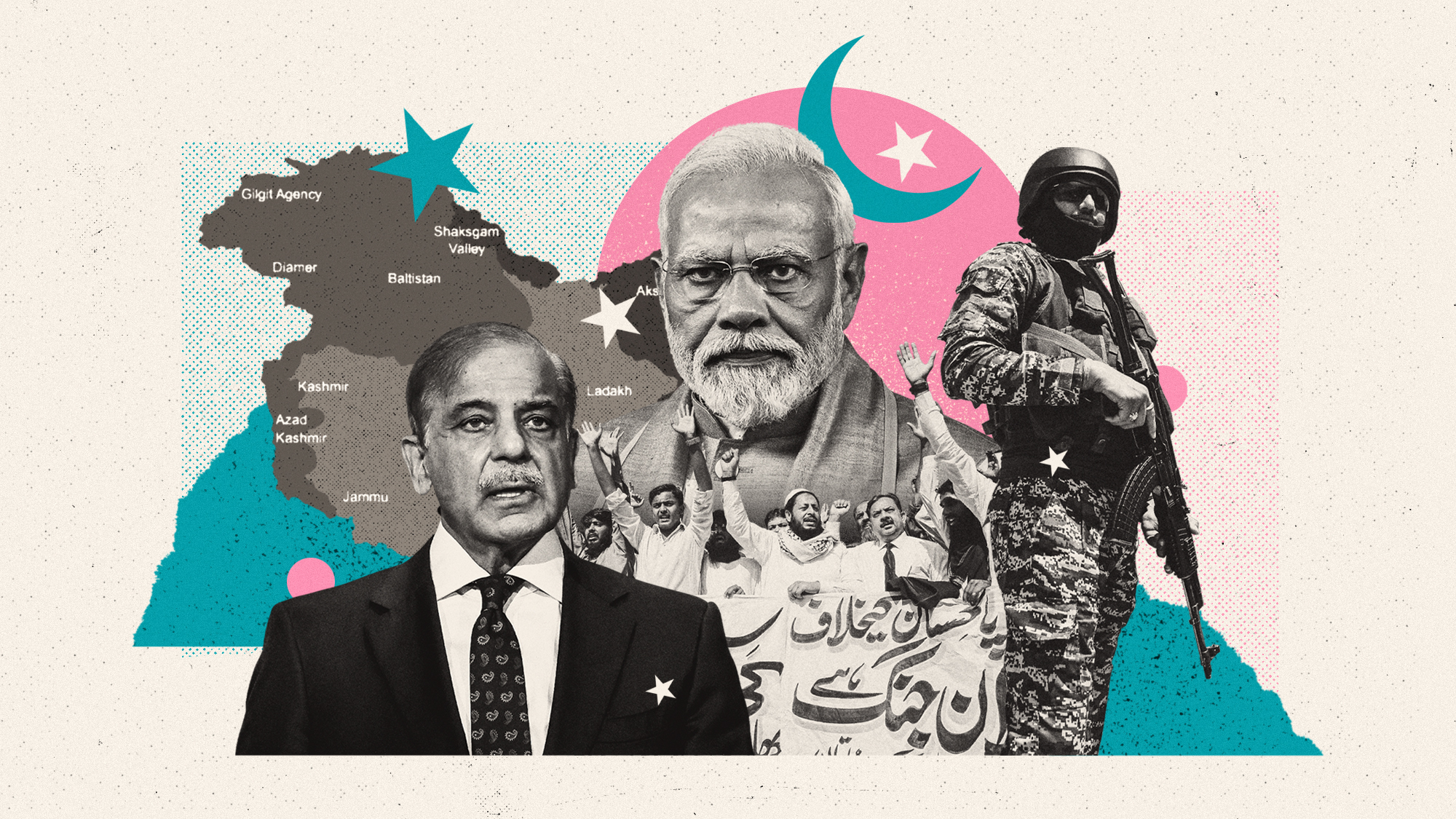 What happens if tensions between India and Pakistan boil over?
What happens if tensions between India and Pakistan boil over?TODAY'S BIG QUESTION As the two nuclear-armed neighbors rattle their sabers in the wake of a terrorist attack on the contested Kashmir region, experts worry that the worst might be yet to come
-
 Why Russia removed the Taliban's terrorist designation
Why Russia removed the Taliban's terrorist designationThe Explainer Russia had designated the Taliban as a terrorist group over 20 years ago
-
 Inside the Israel-Turkey geopolitical dance across Syria
Inside the Israel-Turkey geopolitical dance across SyriaTHE EXPLAINER As Syria struggles in the wake of the Assad regime's collapse, its neighbors are carefully coordinating to avoid potential military confrontations
-
 'Like a sound from hell': Serbia and sonic weapons
'Like a sound from hell': Serbia and sonic weaponsThe Explainer Half a million people sign petition alleging Serbian police used an illegal 'sound cannon' to disrupt anti-government protests
-
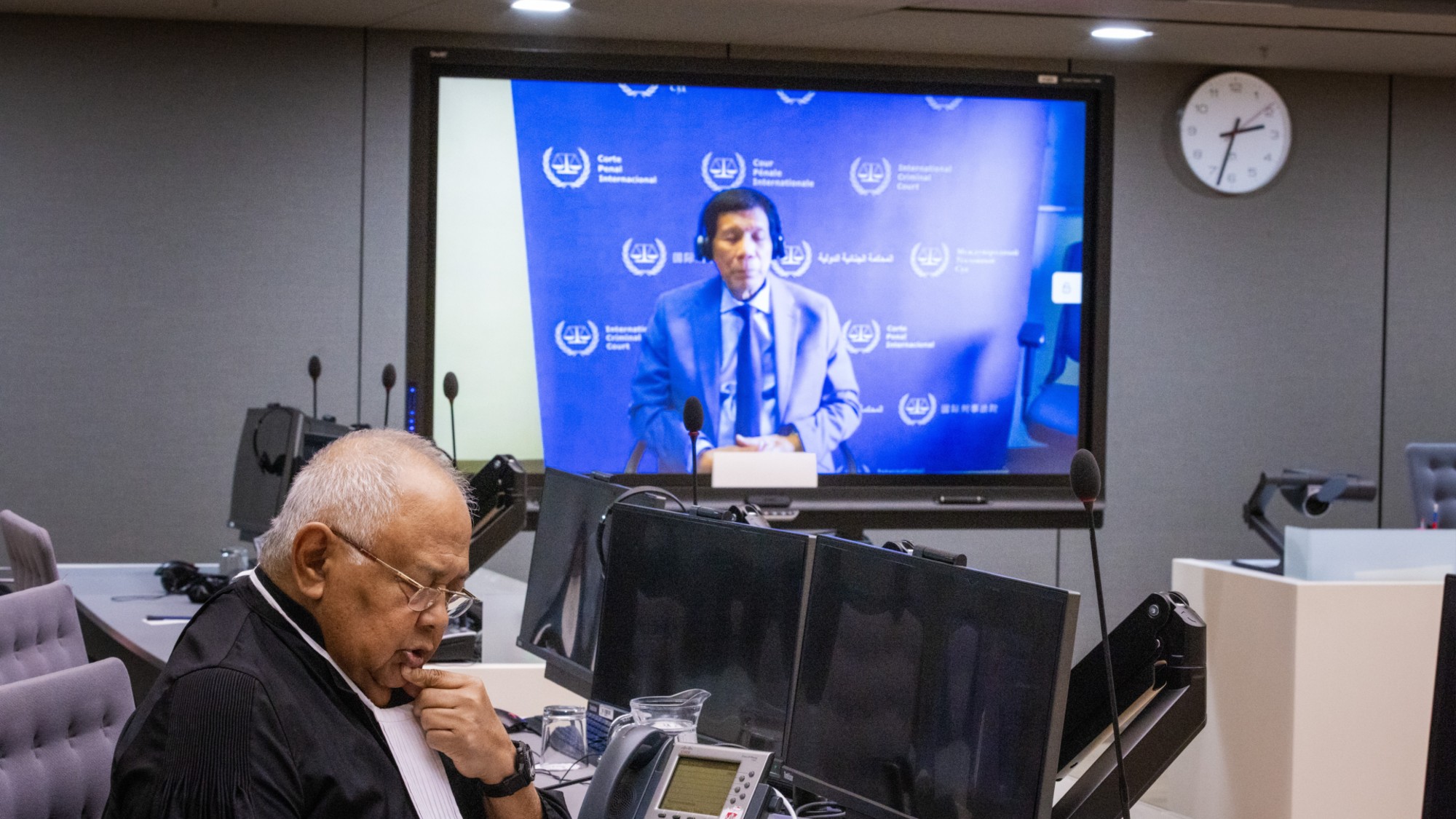 The arrest of the Philippines' former president leaves the country's drug war in disarray
The arrest of the Philippines' former president leaves the country's drug war in disarrayIn the Spotlight Rodrigo Duterte was arrested by the ICC earlier this month
-
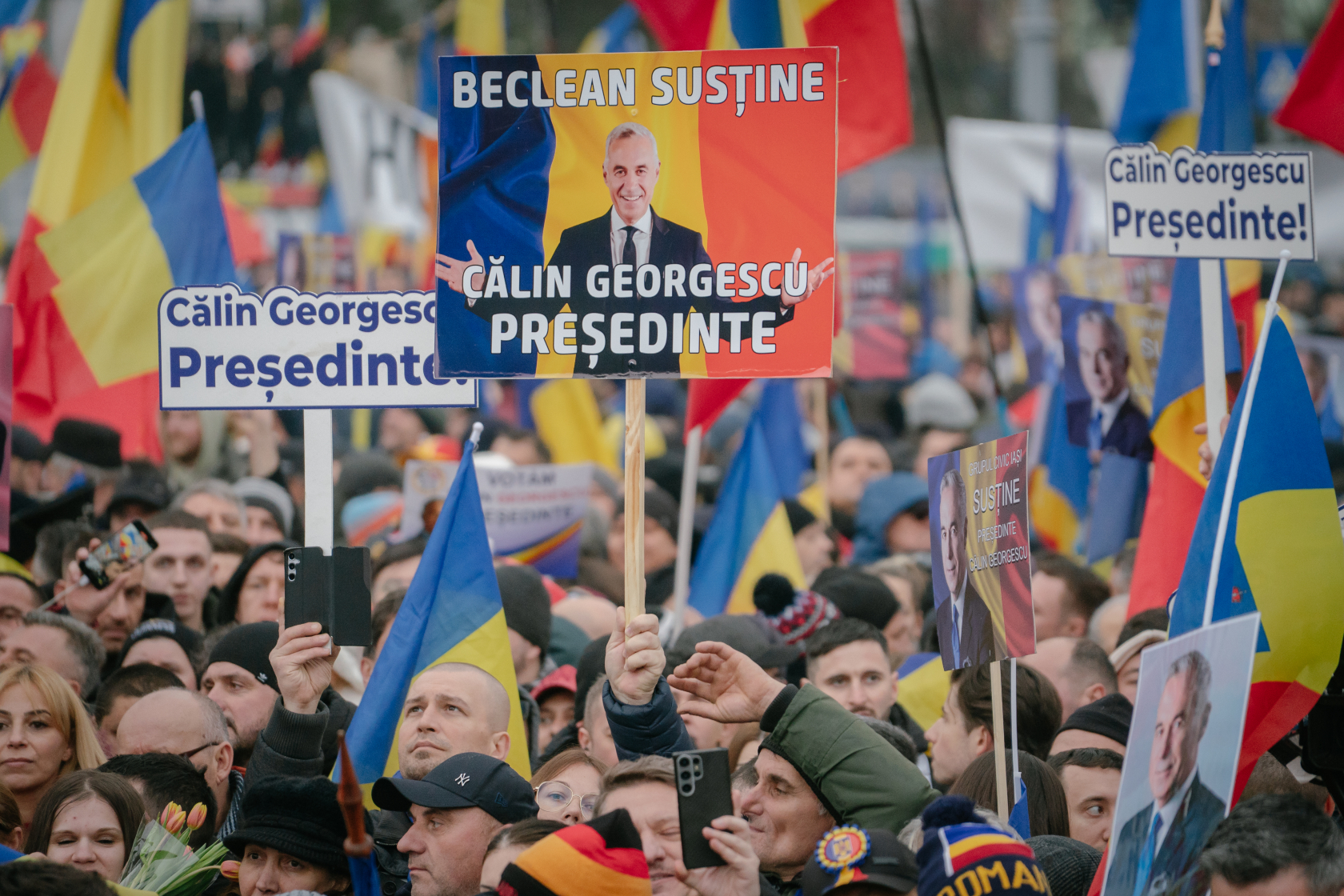 Romania's election chaos risks international fallout
Romania's election chaos risks international falloutIN THE SPOTLIGHT By barring far-right candidate Calin Georgescu from the country's upcoming electoral re-do, Romania places itself in the center of a broader struggle over European ultra-nationalism
-
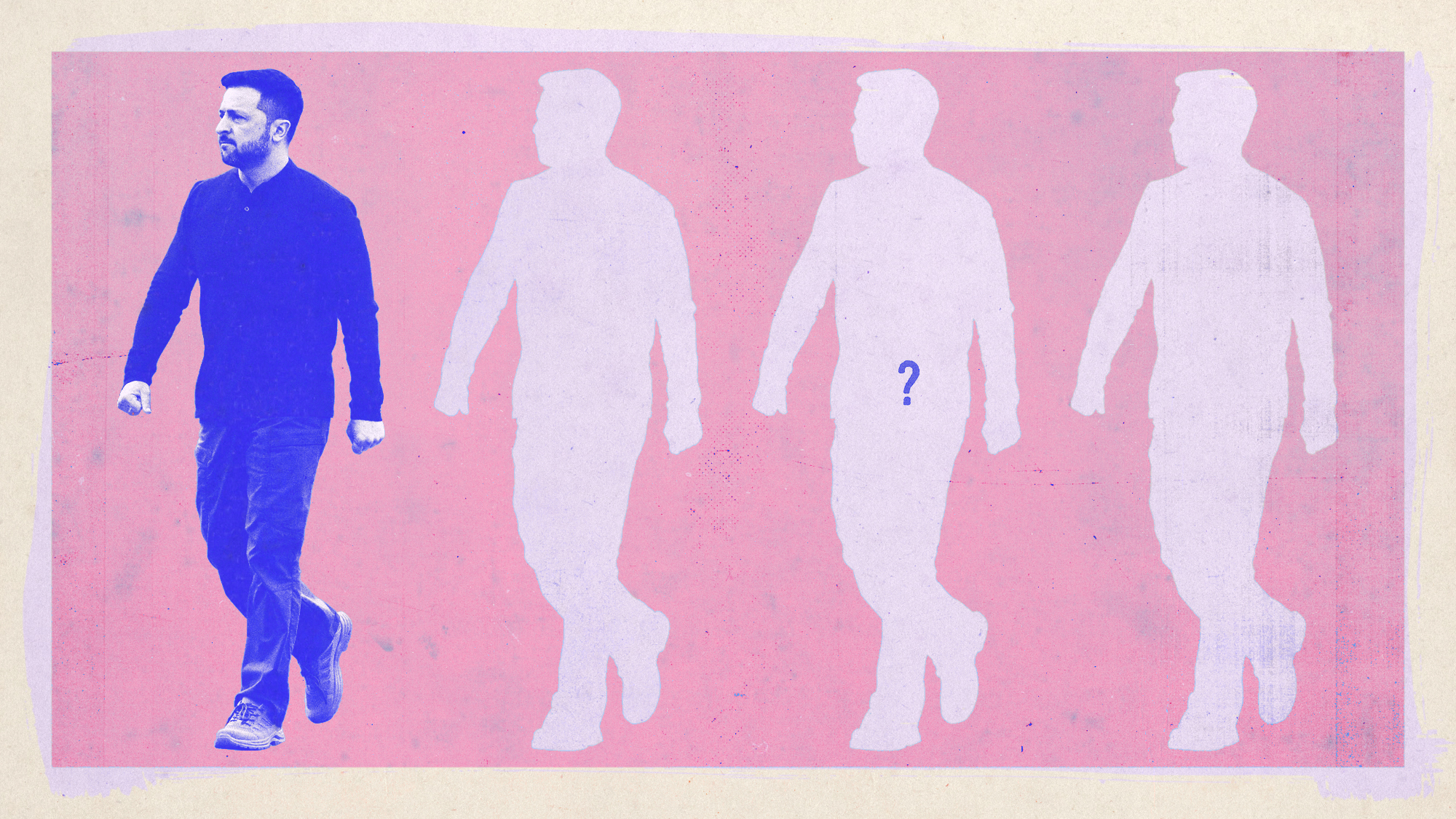 Ukrainian election: who could replace Zelenskyy?
Ukrainian election: who could replace Zelenskyy?The Explainer Donald Trump's 'dictator' jibe raises pressure on Ukraine to the polls while the country is under martial law